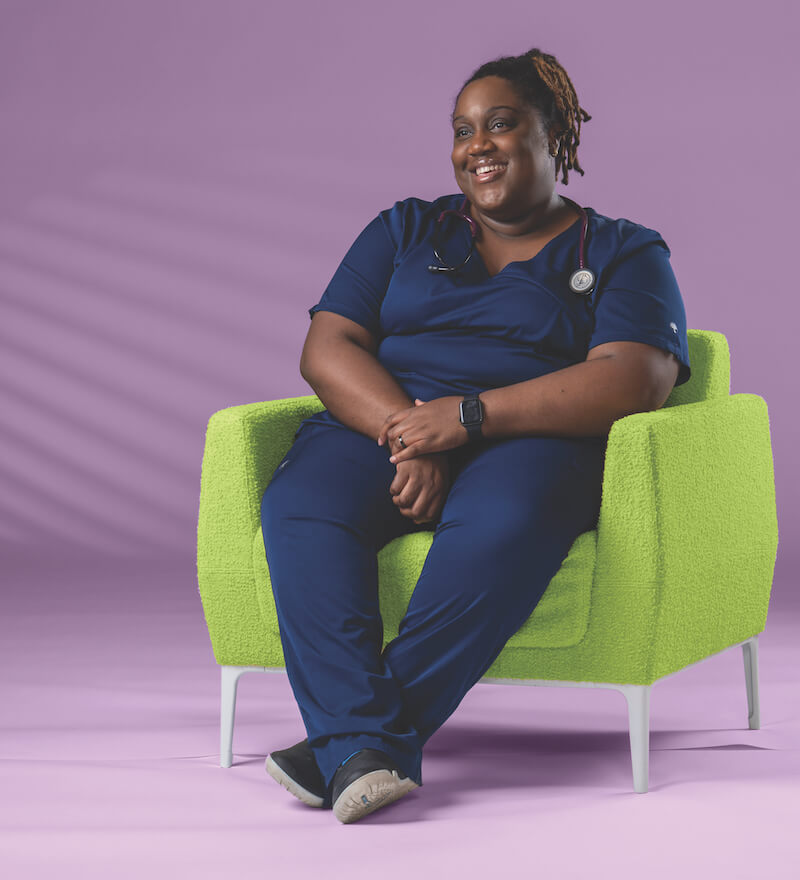Centers for Dialysis Care aims to educate and support patients with comprehensive renal support and education. For example, the Kidney Education for You (KEY) program which helps improve kidney health outcomes by providing support and education for patients on their treatment options. Informed patients are better equipped to make decisions beneficial to their well-being and health.
Supporting Our Patients: Above & Beyond Patient Education
Patient Education
Patient Imapct
Leonard “Leno” Elfers, a patient of Centers for Dialysis Care since 2011, began his transition to home dialysis after years of in-center hemodialysis. Elfers received a kidney transplant in 2019. In early 2022, Leno suffered from the flu and COVID-19 which led to a failed transplant. After returning to in-center hemodialysis, he soon made a seamless transition to home dialysis.
At-home dialysis is a procedure that uses the lining of the abdominal cavity (peritoneal membrane) and a cleaning solution (dialysate) to draw out the waste and extra fluid from the body. This form of therapy is completed in the patient’s home, and the exchanges can be done with or without a partner.
Elfers met with his nephrologist to discuss his options and was introduced to Wendy Underwood, a home care registered nurse in the Centers for Dialysis Care Westside Home Care program. The program can initially seem daunting and leaves many patients wondering whether or not it’s right for them, but with the proper education and support from the Centers for Dialysis Care staff, home dialysis can be a very realistic option for many patients. Our providers are heavily devoted to the training and education process, working to instill a sense of confidence in patience so that when they’re ready, they have the self-assurance to successfully commit to home dialysis.
“Knowledge is power and the more practice a patient has with a home nurse the more confident they will be,” Wendy shared. “For home dialysis patients, their quality of life improves as they will have less diet and fluid restrictions, travel becomes easier since they can take the machine with them instead of having to arrange for treatments at other centers, and they have more control over their schedule.”
Elfers’ home dialysis experience affords him more mobility than in-center treatments and felt his training with Wendy gave him the confidence he needed to complete his at-home treatments.
The advantages of at-home dialysis include:
- A flexible schedule
- Two clinic visits per month
- The ability to travel
- No needles required
- No partner is required
- A registered nurse available 24/7
- Treatments performed at work, home, or during sleep
The benefits of at-home dialysis offer patients more flexibility in their personal lives while still receiving the best possible treatment. To support patient education at Centers for Dialysis Care, visit CDCare.org/Give.




